Georgia does not require health insurance to cover hearing services to persons over 18 years of age, leaving many people with hearing loss without proper care or resources.
This also leaves many without hearing aids.
Navy veteran Thomas Micheli of Acworth, Georgia, was initially denied hearing aids by the Department of Veterans Affairs claiming he had too much money.
“You have to be crazy; I worked around jet aircraft for 22 years,” Micheli said.

Micheli worked on three aircraft carriers for an extended time and believed his active duty contributed to his 60% hearing loss. His three documented phone calls to Atlanta Veteran Affairs (VA) were never returned.
After subsequent appointments, he was declared ineligible.
Finally, months later, the Disabled American Veterans (DAV) Office in Kennesaw, Georgia, helped him get the hearing aids, and the help he needed.
“The DAV had to go through the back door to help me,” Micheli said. “I had to go through a lot of hoops.”
Currently Micheli is very satisfied with his Resound hearing aids. He said it makes his life much easier.
Healthcare Coverage and Cost
In Georgia, health benefit policies do provide up to $3,000 per year every 48 months until the age of 18 for hearing aids. Parents are responsible for charges that exceed $3,000.
Georgia is one of 35 states that include some hearing health coverage. Of those 35 states, 14 have no age limits. There are 10 states that have no requirement for coverage.
Over 35 million people have some degree of hearing loss in the United States. In the population over the age of 75, approximately 50% experience hearing loss. Medicare Parts A and B do not cover the cost of hearing aids or services related to hearing aids for adults. Medicaid will cover the cost of hearing aids for children. The problem is finding a provider who accepts Medicaid.
Like plastic surgery, hearing aids are considered optional or elective. However, hearing loss can contribute to other health concerns like depression, increased falls and a greater risk of developing dementia in older populations, according to the Mayo Clinic.
Hearing aids average $2,000-$3,000, often creating a financial burden for many families and the elderly on a limited income.
The Kaiser Family Foundation found in the United States only about 25% of adults who need hearing aids actually have them. The Foundation adds that although most private insurance plans will pay for a hearing test, they normally only provide a portion, about $500 to $1,000 toward hearing aids every two to five years. This leads to affordability issues for many Americans who are subsequently denied access to a better quality of life.
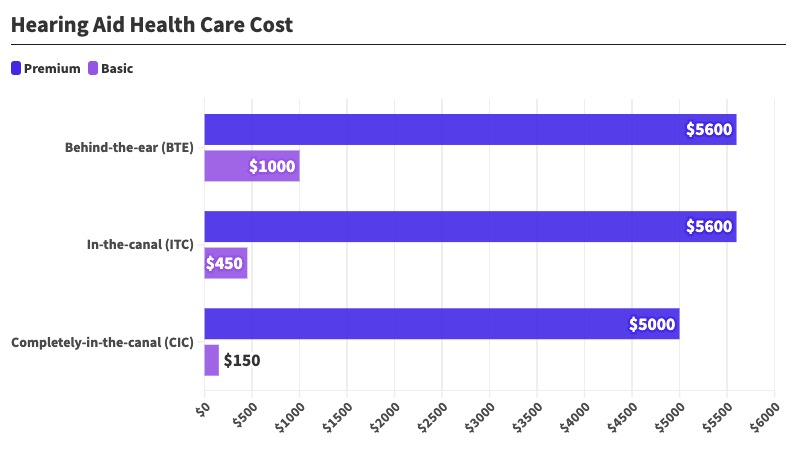
For those Georgia residents that qualify, there is a Georgia Hearing Aid Distribution Program which is part of the Public Service Commission of Georgia that can provide some assistance. The U.S. Department of Veterans Affairs will provide hearing aids and auditory services at little or no charge.
However, to qualify for the benefits, active service must have caused the hearing loss, an issue Micheli found difficult to prove.
Obstacles For Georgia Residents
Brian Leffler is a senior lecturer at the University of Georgia currently teaching American Sign Language. Leffler was born deaf, has never worn hearing aids, and communicates through signing. For people who develop loss of hearing later in life, signing may not be an option. He believes that the medical community supports cochlear implants rather than hearing aids.
“It is all about the money,” Leffler said, “hearing aids require no surgery and health insurances are more apt to pick up cochlear implant surgery.”
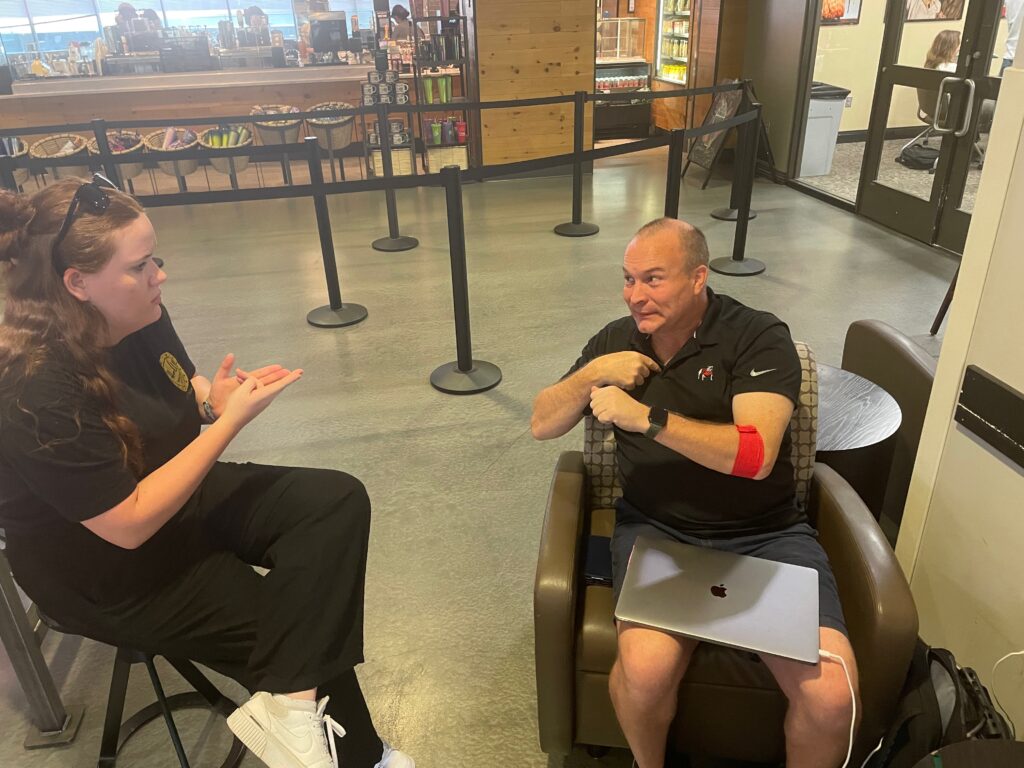
Leffler advocates for the deaf community through the Georgia Center for the Deaf and Hard of Hearing with open dialogue suggesting research and policies for development. Understanding the deaf community can project an image of those with hearing loss not to be ignored by health insurances.
Isabella Rodriguez of Marietta, Georgia, is a graduate student at the University of Florida majoring in audiology. Rodriguez was born with hearing loss and has been wearing hearing aids everyday since she was three months old.
“There are a lot of people with hearing loss that are not properly educated, not getting the help they need, and not able to afford it,” Rodriguez said. “Everyone has the right to hear.”
She considers hearing devices a necessity.
“If not treated, hearing loss can lead to developmental delays, cognitive delays, depression, and other health concerns,” she said.
Because Rodriguez is a student, she is covered by her parents’ health insurance until the age of 24.
“I will have some coverage because of my congenital and severe hearing loss, but not as much as you would think,” she said, “unlike some people with late on-set hearing loss that is not covered by insurance and must be paid for out of pocket.”
Hearing aids have improved Micheli’s quality of life now that he can enjoy watching games on TV, communicating with friends at Burger King and being able to engage in church activities.
Micheli also said he hopes that other Georgians can get the help they deserve.
Rylie O’Brien is a senior majoring in journalism at the University of Georgia.


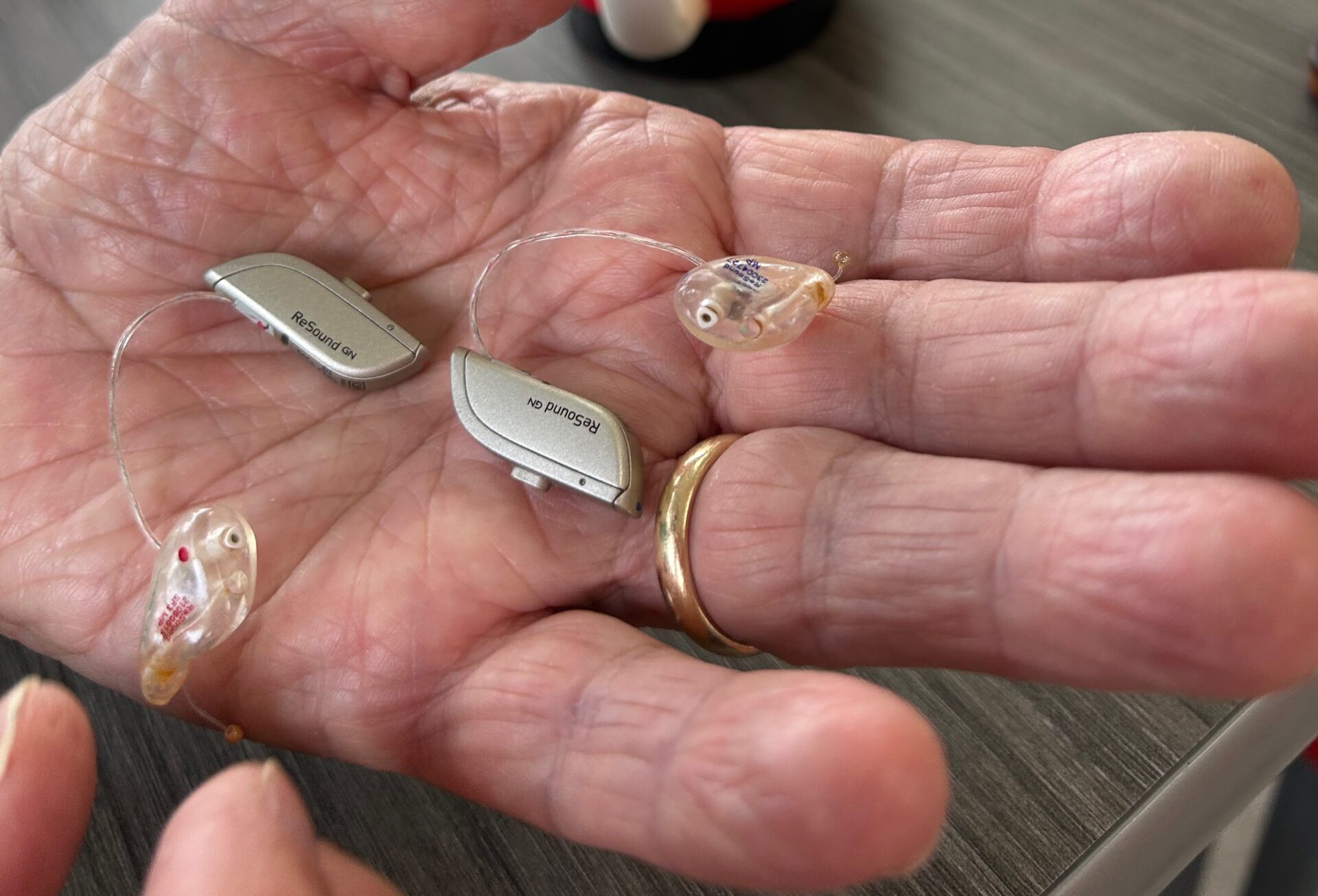

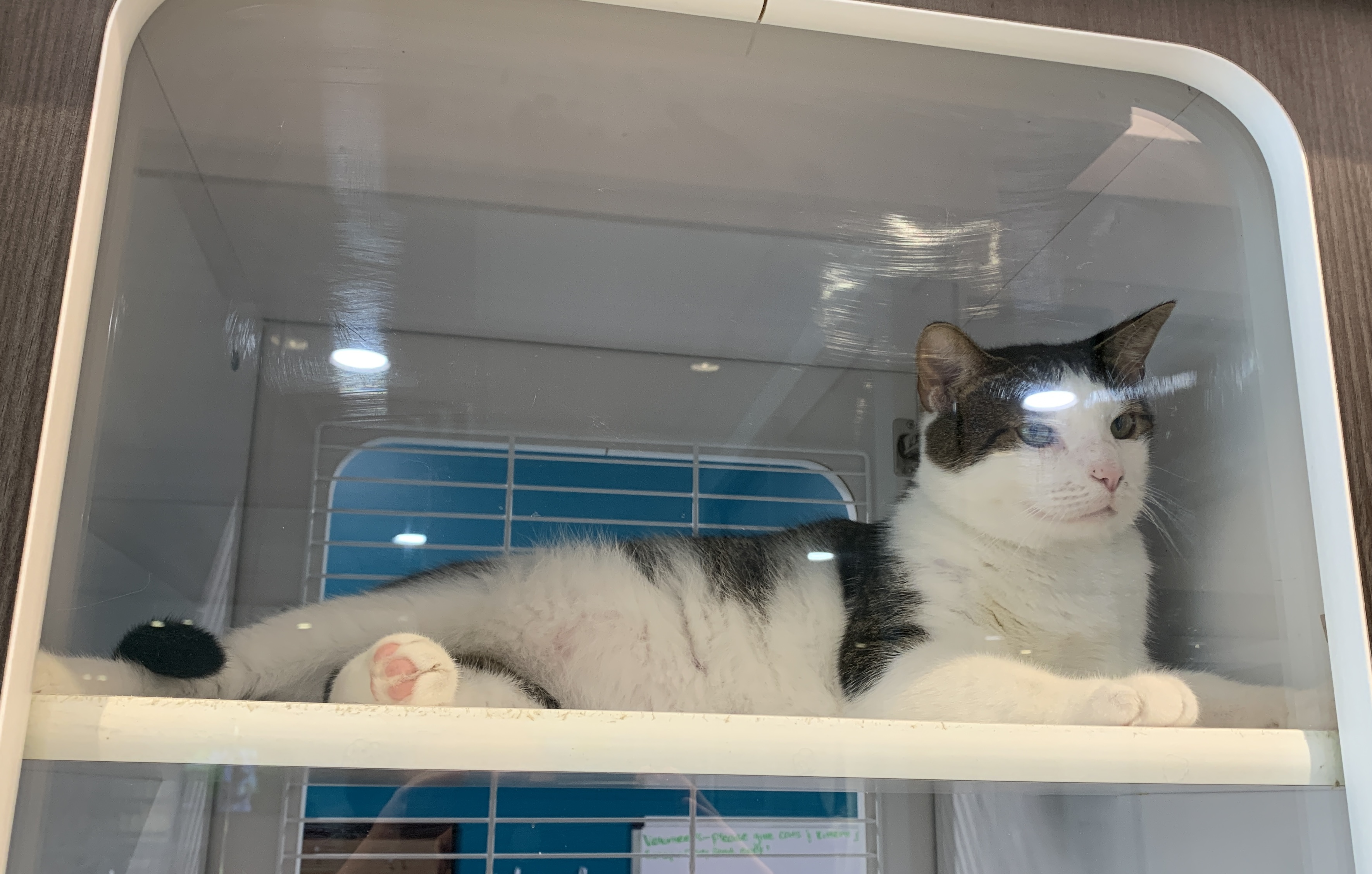

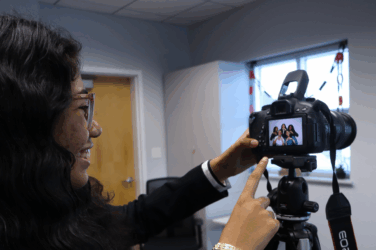


Show Comments (0)